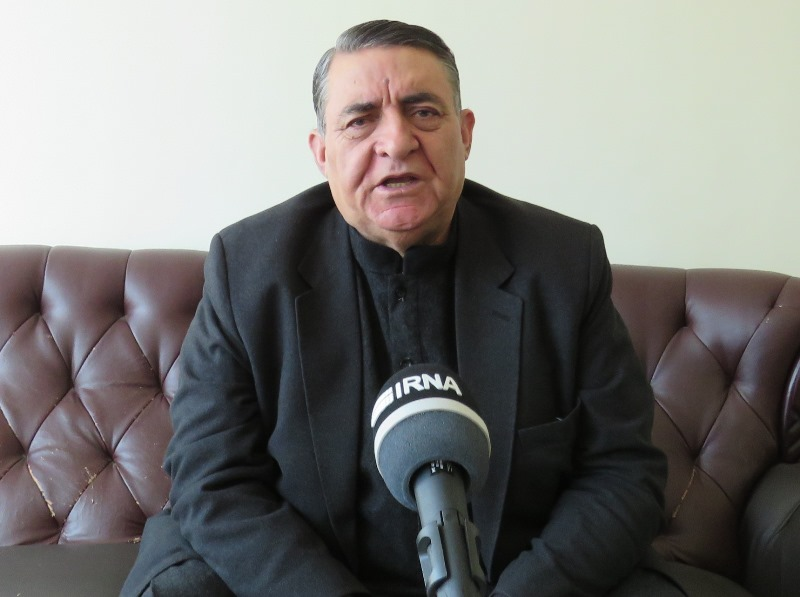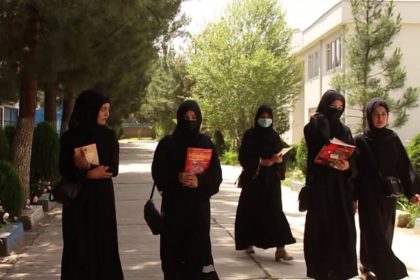RASC News Agency: Before proceeding, I am fully aware that the sentences, words, and perspectives I present here may provoke strong reactions from some impassioned individuals. Nevertheless, the national interest of my homeland demands that I share what I believe with those who value reason and critical thought. In recent days, we have witnessed a worrying trend in Afghanistan: individuals, whether driven by resentment, conviction, or other motivations, have increasingly engaged in verbal battles over language, identity, and ethnicity. Insults and humiliation have become commonplace.
One person declares, “I hate such-and-such a language,” while another claims, “I despise such-and-such an ethnicity.” In return, others respond, “I am this; you are not that.”
The reality is that one of Afghanistan’s oldest and most crippling maladies lies precisely in these disputes over ethnic and identity divisions. While it is true that the issue of identity must be addressed, these conflicts have exhausted our people for generations and destabilized the nation. Nonetheless, solving ethnic and linguistic identity issues remains a vital and unavoidable necessity.
Allow me to put it plainly: the continuation of this situation will lead to irreversible damage.
Instead of focusing on fundamental solutions, we are caught in a spiral of insults, degradation, and curses.
This raises the critical question: What solutions exist to permanently resolve Afghanistan’s ethnic problems and allow its people to coexist under a shared sense of nationhood, like brothers and sisters? Firstly, the Constitution must be amended.
The current definition of “Afghanistani nation” must be reinterpreted so that all ethnic groups Pashtuns, Tajiks, Hazaras, Uzbeks, and others see themselves reflected within it. A more inclusive term such as “Nation of Afghanistan” could replace the existing phrasing, allowing all ethnicities to identify with the national identity equally.
Secondly, a legal framework must be established guaranteeing equal participation of all ethnic groups in governance, the economy, education, and culture.
Ethnic discrimination must be criminalized as a serious offense and subject to strict legal prosecution. Furthermore, Afghanistan’s schools, universities, and educational institutions must teach the accurate histories of all ethnic groups, recognizing and honoring their cultures, languages, and great historical figures. Children must be taught from an early age that members of other ethnic groups are not enemies but essential parts of a shared national pride.
At the same time, Afghanistan needs a decentralized system of governance whether federal, parliamentary, republican, or religious provided it is rooted in justice.
Dividing political power based on geography and population would help reduce ethnic conflicts and ease perceptions of marginalization. Afghanistan urgently requires leaders who see all ethnic groups with equal vision and a shared commitment leaders who prioritize the national interest over tribal and linguistic loyalties. Such individuals deserve to be recognized as leaders of conscience and integrity.
Conversely, leaders who cling to ethnic or linguistic chauvinism are not leaders at all; they were traitors in the past, they remain traitors today, and they will remain so tomorrow. Those who seek to govern through ethnic and linguistic divisions are not leaders; they are the architects of crisis. I firmly believe that hosting open and formal dialogues among ethnic leaders, scholars, researchers, and citizens is critical.
Such discussions must address historical grievances and heal old wounds.
Ignoring these issues, as is currently the case, will only deepen future crises. In summary:
In my view, Afghanistan’s ethnic problems will never be solved by the sword, by insults, by humiliation, or by coercion. No ethnicity, no language is superior to another. Only through respect, equality, justice, and education can we heal the deep wounds inflicted upon us by our adversaries.
Afghanistan will succeed only when all its citizens Pashtun, Tajik, Hazara, Uzbek, Turkmen, and others can proudly declare:
“We share one homeland. We are brothers and sisters. And together, united, we will dedicate all our efforts to the salvation of our nation.






